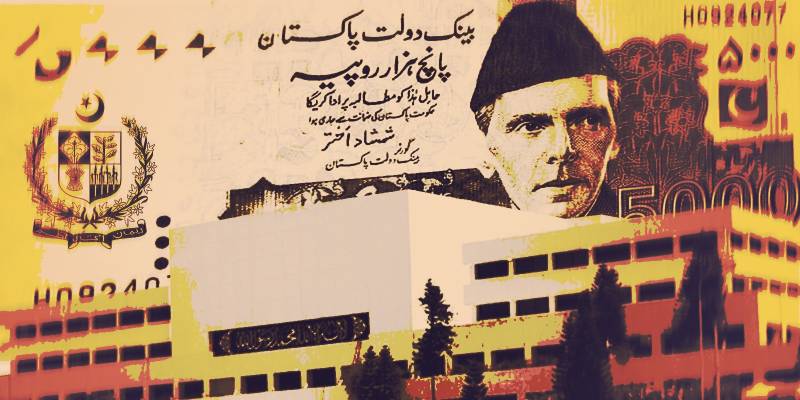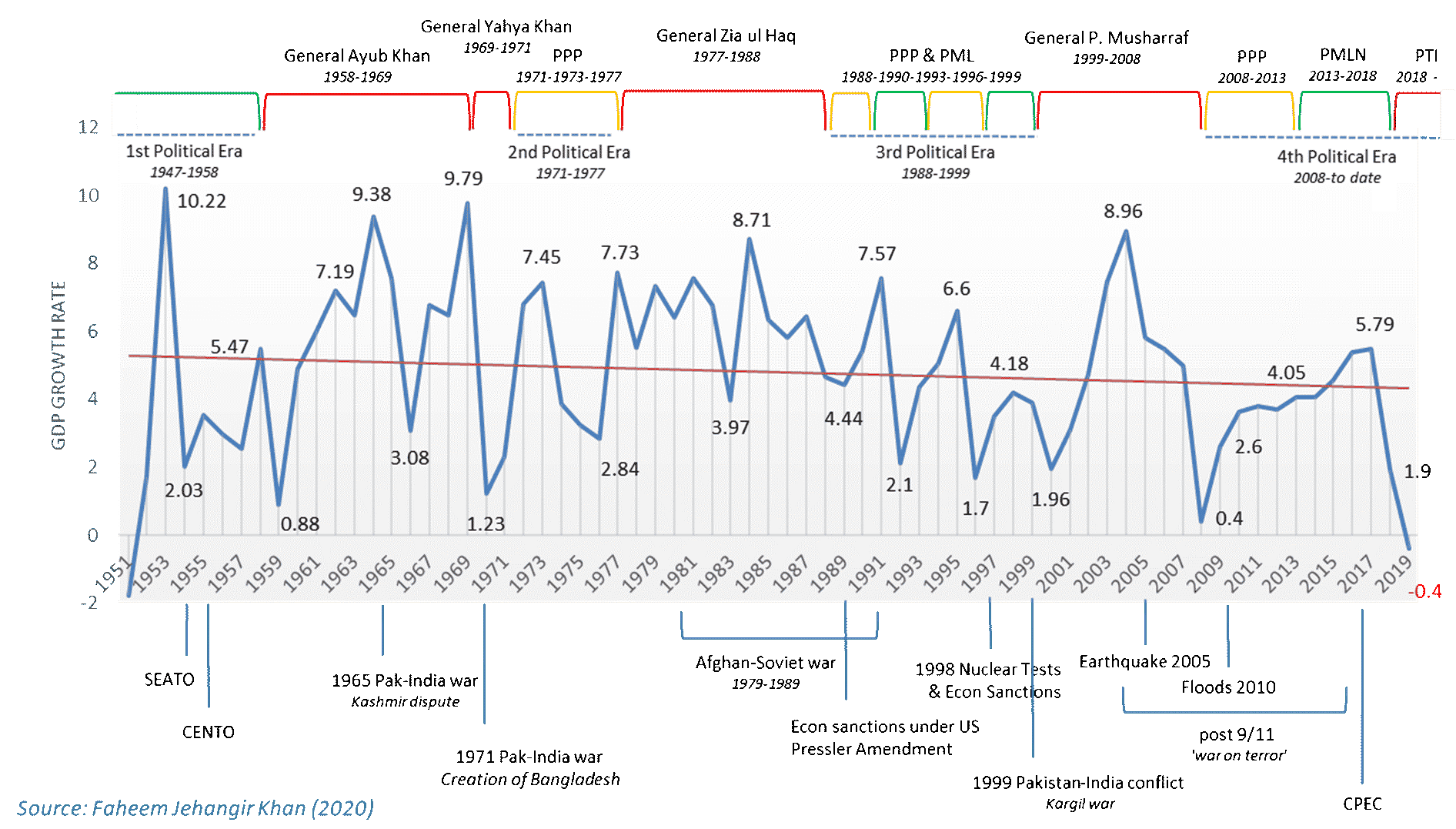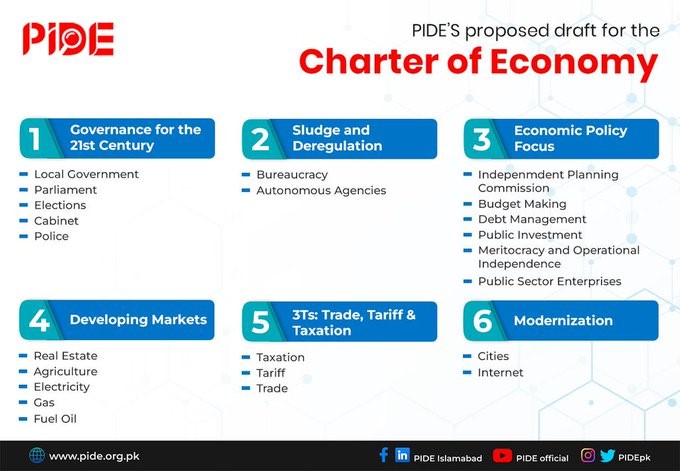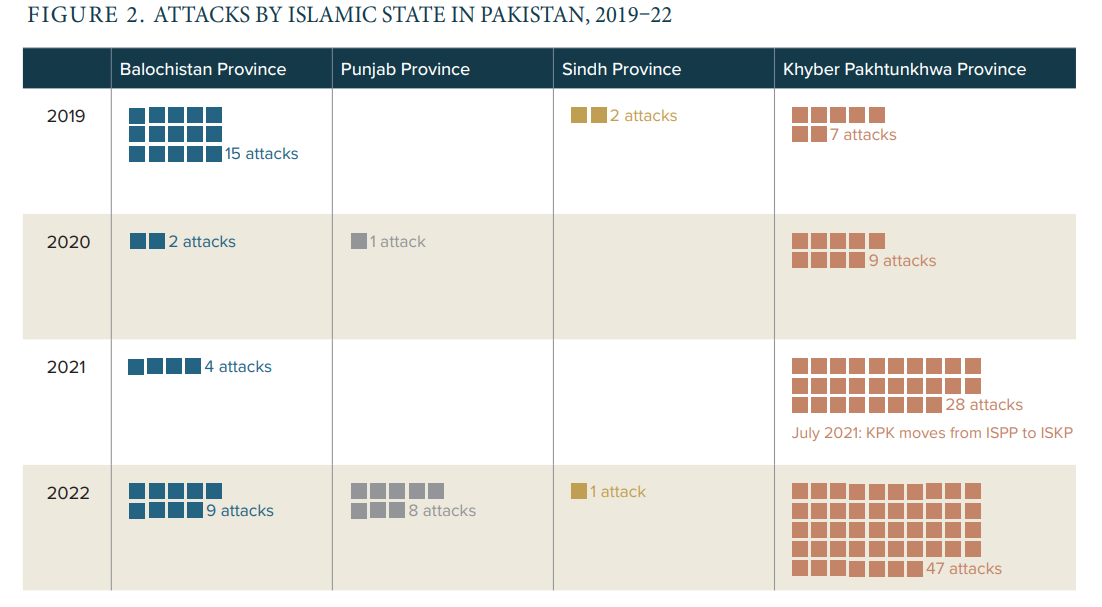
Over the last two years, Pakistan has faced challenges on multiple fronts. Prime among them has been a sputtering economy on the verge of default. There is wide agreement among commentators that progress cannot be made until the political situation has stabilized. However, it is crucial to develop consensus regarding the country's economic state and avoid meddling with it solely for political gain.
This, as far as public speech is concerned, seems like an idea that resonates with the top brass of the mainstream political parties.
“As the Pakistan People’s Party (PPP) regains political prowess in Punjab, party's co-chairman Asif Ali Zardari on Wednesday invited all the stakeholders to sit together to discuss a "charter of economy,” Dunya News reported.
Similar remarks were made last year by Prime Minister Shahbaz Sharif in a pre-budget conference.
This may suggest that the political parties or the powers that be have now come to the realization that manipulating the economy and gaslighting the public have brought the country to the brink.
However, it can be argued that whether meaningful change can be realized solely through such an accord. Before engaging in that debate, it is crucial to understand the factors that led us to this point and how a Charter of the Economy could possibly improve the situation.
Flawed intentions
The current crisis in Pakistan's economy can be attributed in part to the irresponsible fiscal behavior of successive governments. Each administration has prioritized short-term political gains over long-term economic sustainability, leading to the current state of affairs. The problems began to emerge during the last year of the PTI government's tenure, with inflation rising and the fiscal deficit increasing. The government sought assistance from the IMF through a bailout package, but as Imran Khan's ouster became inevitable, the PTI administration torpedoed the deal by announcing an unfunded energy subsidy, leaving incoming officeholders to face the consequences.
However, the situation was similar when the PTI took office in 2018. They inherited a massive fiscal deficit of approximately $20 billion and a currency crisis from the previous PML-N government. Despite the current finance minister’s promises, the incumbent government has seemed clueless about managing the economy, and the situation has only worsened due to their pseudo-economics.

Graph Source: PIDE
Charter of Economy
A charter of economy in this situation would mean that the signatories will play by the rules as far as the economy is concerned, instead of prioritizing short-term political gains over longer term stability.
“The country needs an instant economic roadmap to escape the current bedlam. The chaos is partly due to political mismanagement. If politics negatively impacts the economy, we are going in the wrong direction. Politics and economics must be delinked if we are to take on the path of economic growth and development in the real sense of the word. Politics is messy everywhere, but developed nations and many developing now have taken a principled stance to separate politics and economy into mutually exclusive domains. Hence, a charter of the economy is the need of the time across the board. Political consensus over this point is of critical importance,” reads a policy brief published by Pakistan Institute of Development Economics (PIDE).

Source: PIDE
However, there is no standalone solution for the economy. As urged by political economist Niaz Murtaza, it is not possible to solve our economic issues in isolation from the accompanying security, political, social, and external problems. The underlying causes are intricately intertwined, requiring a broader charter of governance that encompasses all of these issues to address our deeply rooted malaise.
Additionally, it is crucial for the political elite to adhere to the charter in its truest sense. Despite having signed the Charter of Democracy in the past, subsequent events have shown that political parties often prioritize consolidating their power by aligning with the establishment to suppress rivals.
A stable security environment is the final piece in the puzzle of economic prosperity. While the public has been preoccupied with political tensions during the past year, analysts have repeatedly warned about the deteriorating security situation due to the resurgence of TTP, the emergence of the Islamic State, and the rise of religious extremism.

Source: UISP
Hence, a charter of economy would unlikely generate any desired outcomes unless stability is achieved and maintained on all fronts.
This, as far as public speech is concerned, seems like an idea that resonates with the top brass of the mainstream political parties.
“As the Pakistan People’s Party (PPP) regains political prowess in Punjab, party's co-chairman Asif Ali Zardari on Wednesday invited all the stakeholders to sit together to discuss a "charter of economy,” Dunya News reported.
Similar remarks were made last year by Prime Minister Shahbaz Sharif in a pre-budget conference.
This may suggest that the political parties or the powers that be have now come to the realization that manipulating the economy and gaslighting the public have brought the country to the brink.
However, it can be argued that whether meaningful change can be realized solely through such an accord. Before engaging in that debate, it is crucial to understand the factors that led us to this point and how a Charter of the Economy could possibly improve the situation.
Flawed intentions
The current crisis in Pakistan's economy can be attributed in part to the irresponsible fiscal behavior of successive governments. Each administration has prioritized short-term political gains over long-term economic sustainability, leading to the current state of affairs. The problems began to emerge during the last year of the PTI government's tenure, with inflation rising and the fiscal deficit increasing. The government sought assistance from the IMF through a bailout package, but as Imran Khan's ouster became inevitable, the PTI administration torpedoed the deal by announcing an unfunded energy subsidy, leaving incoming officeholders to face the consequences.
However, the situation was similar when the PTI took office in 2018. They inherited a massive fiscal deficit of approximately $20 billion and a currency crisis from the previous PML-N government. Despite the current finance minister’s promises, the incumbent government has seemed clueless about managing the economy, and the situation has only worsened due to their pseudo-economics.

Graph Source: PIDE
Charter of Economy
A charter of economy in this situation would mean that the signatories will play by the rules as far as the economy is concerned, instead of prioritizing short-term political gains over longer term stability.
“The country needs an instant economic roadmap to escape the current bedlam. The chaos is partly due to political mismanagement. If politics negatively impacts the economy, we are going in the wrong direction. Politics and economics must be delinked if we are to take on the path of economic growth and development in the real sense of the word. Politics is messy everywhere, but developed nations and many developing now have taken a principled stance to separate politics and economy into mutually exclusive domains. Hence, a charter of the economy is the need of the time across the board. Political consensus over this point is of critical importance,” reads a policy brief published by Pakistan Institute of Development Economics (PIDE).

Source: PIDE
However, there is no standalone solution for the economy. As urged by political economist Niaz Murtaza, it is not possible to solve our economic issues in isolation from the accompanying security, political, social, and external problems. The underlying causes are intricately intertwined, requiring a broader charter of governance that encompasses all of these issues to address our deeply rooted malaise.
Additionally, it is crucial for the political elite to adhere to the charter in its truest sense. Despite having signed the Charter of Democracy in the past, subsequent events have shown that political parties often prioritize consolidating their power by aligning with the establishment to suppress rivals.
A stable security environment is the final piece in the puzzle of economic prosperity. While the public has been preoccupied with political tensions during the past year, analysts have repeatedly warned about the deteriorating security situation due to the resurgence of TTP, the emergence of the Islamic State, and the rise of religious extremism.

Source: UISP
Hence, a charter of economy would unlikely generate any desired outcomes unless stability is achieved and maintained on all fronts.

